Hi everybody,
In this last post I want to present you two very interesting papers and ideas presented at ACM CHI ’10.
The first paper entitled “Skinput: Appropriating the Body as an Input Surface” was presented in the “Computing on the Body” session and won one of the best paper awards. It was published by Chris Harrsion et al. As the title of the paper suggests, “Skinput” uses the skin as an “input device”. A sensor array, worn as an armband, collects signals which occur when touching the skin. Depending on the place where the skin is touched (e.g. fingers, specific place at the forearm) these signals differ. This allows for a classification and the possibility to control a device, e.g. a cell phone, by just touching a specific location on one’s arm. Here is the abstract:
“We present Skinput, a technology that appropriates the human body for acoustic transmission, allowing the skin to be used as an input surface. In particular, we resolve the location of finger taps on the arm and hand by analyzing mechanical vibrations that propagate through the body. We collect these signals using a novel array of sensors worn as an armband. This approach provides an always available, naturally portable, and on-body finger input system. We assess the capabilities, accuracy and limitations of our technique through a two-part, twenty-participant user study. To further illustrate the utility of our approach, we conclude with several proof-of-concept applications we developed.”
The second paper I want to mention was published by Anne Aula et al. from Google. It was presented in the “Exploratory Search” session and is entitled “How does search behavior change as search becomes more difficult?“. Abstract:
“Search engines make it easy to check facts online, but finding some specific kinds of information sometimes proves to be difficult. We studied the behavioral signals that suggest that a user is having trouble in a search task. First, we ran a lab study with 23 users to gain a preliminary understanding on how users‘ behavior changes when they struggle finding the information they’re looking for. The observations were then tested with 179 participants who all completed an average of 22.3 tasks from a pool of 100 tasks. The large-scale study provided quantitative support for our qualitative observations from the lab study. When having difficulty in finding information, users start to formulate more diverse queries, they use advanced operators more, and they spend a longer time on the search result page as compared to the successful tasks. The results complement the existing body of research focusing on successful search strategies.“
This work was especially interesting for me, since it is related to our research and shows a perfectly designed user study.
Concluding, I want to thank the “Förderverein Technische Fakultät” for the great support and the chance to attend the ACM Conference on Human Factors in Computing Systems 2010 in Atlanta. Since I’ll start my PhD Program at Delft University of Technology soon, I am absolutely sure that I’ll benefit from all the knowledge and impressions gained while visiting this conference.
All the best and see you soon!
Christoph

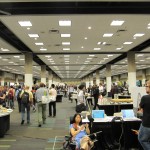


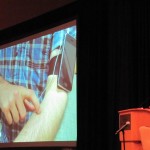

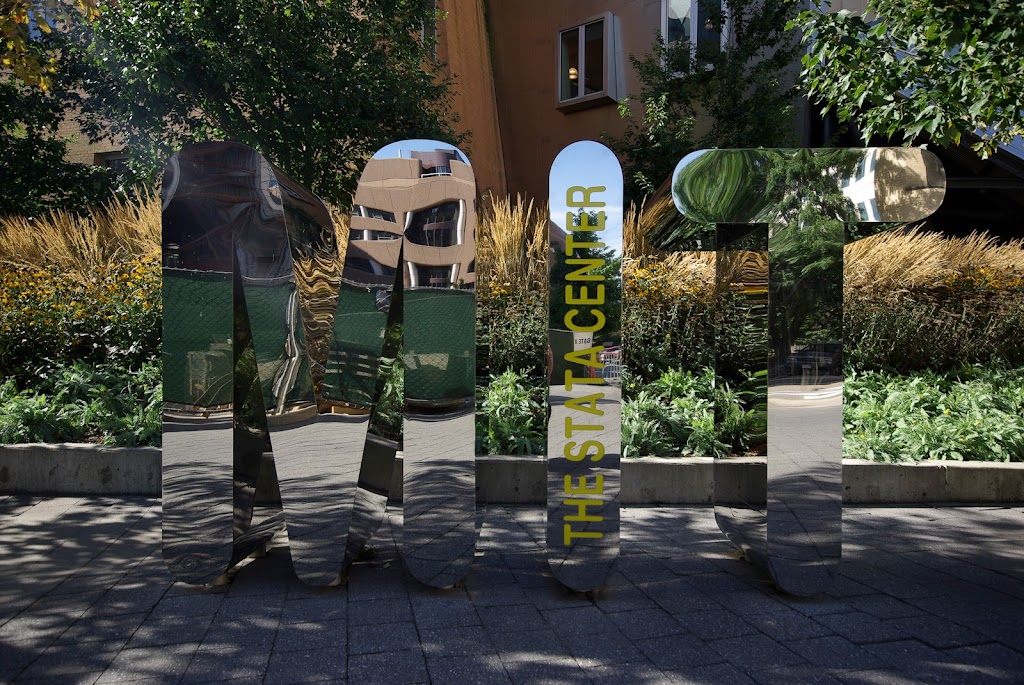

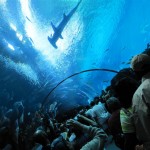

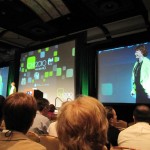
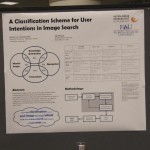
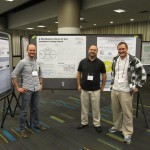
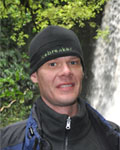 Dear informatics friends!
Dear informatics friends!
 Lakeside Labs / TEWI-Kolloquium: Quadrotor UAVs – Mobile Sensornodes with 6 Degrees of Freedom
Lakeside Labs / TEWI-Kolloquium: Quadrotor UAVs – Mobile Sensornodes with 6 Degrees of Freedom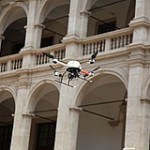 Prof. Dr.-Ing. Daniele Nardi
Prof. Dr.-Ing. Daniele Nardi